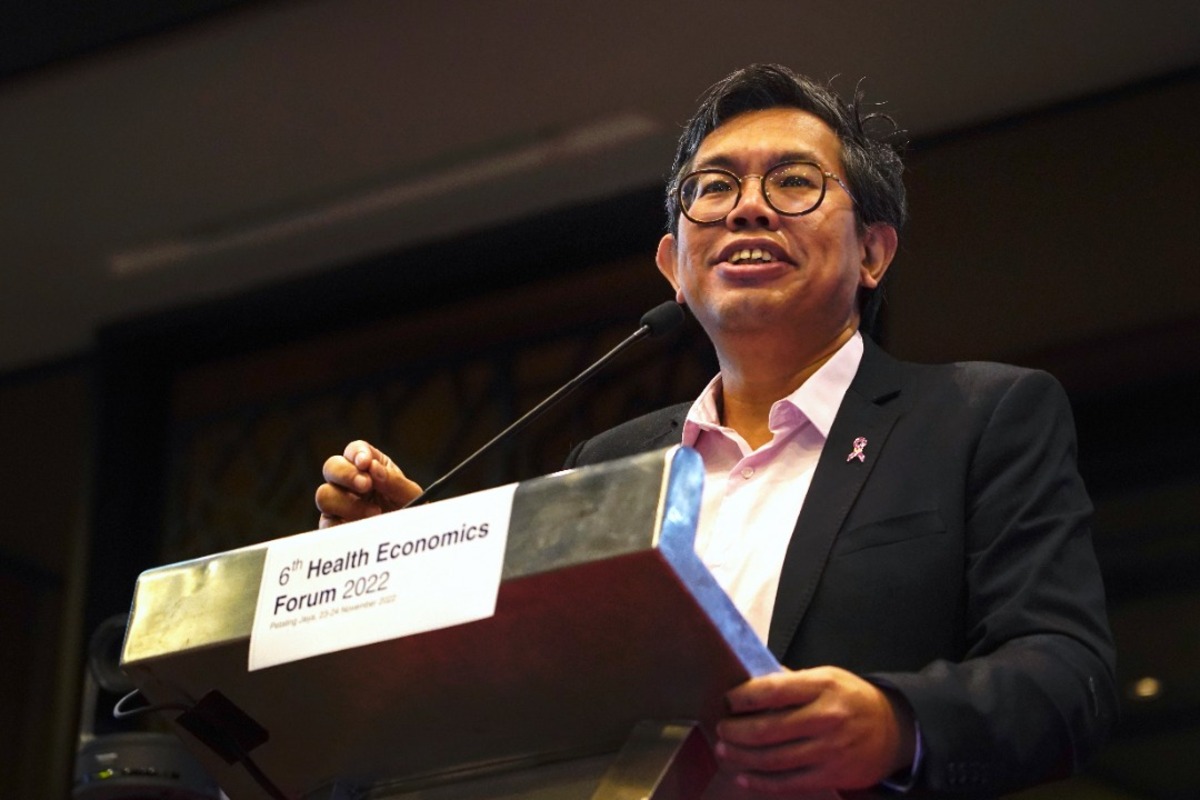KUALA LUMPUR, Nov 29 – The Galen Centre for Health and Social Policy has urged the Anwar Ibrahim administration to change the Health Ministry’s uniform policy approach driven from Putrajaya for the entire country.
Galen Centre chief executive Azrul Mohd Khalib stressed that health care reforms must come from bottom up, instead of top down, in order to be relevant to patients, caregivers, families, and communities.
“I’m really hoping that one of the first things the health minister will do is to convene town halls with different communities at the district and state level to find out what is needed for the improvement of care in those locations because it’s different for different locations and different states,” Azrul told BFM presenter Tee Shiao Eek on the radio station’s Health & Living: Doctor in the House segment last Friday.
“This one-size-fits-all approach must stop. It cannot be prescribed from Putrajaya.
“One of the things we’re hoping to see is we hear that East Malaysia needs more autonomy over their own health care. They need to be able to manage their resources, decide how many doctors, build what hospitals and clinics that they should have in East Malaysia because they know best the landscape.
“They know what their needs are. We cannot have that prescribed from Putrajaya.”
The Sarawak state government recently urged the Pakatan Harapan (PH)-led federal government to restore autonomy over health and education to the state.
PH’s “Kita Boleh” manifesto for the 15th general election pledged to decentralise health and education – which are currently under federal jurisdiction – for Sabah and Sarawak by amending the Concurrent List under the Ninth Schedule of the Federal Constitution.
In the BFM interview, Azrul cited medical records as an area for reform, criticising MOH’s stance that the medical records of a patient from a public health care facility is “government property”.
CodeBlue reported last September an internal memo from the director of Ipoh’s general hospital, Raja Permaisuri Bainun Hospital (HRPB), that prohibited the release of a patient’s medical records to third parties, including legal representatives of the patient or patient’s family, without a court order.
Azrul highlighted the “bureaucratic hassle” that patients have to endure to obtain their own medical records at public health care facilities, a process that requires documents and waiting times of three weeks or three months.
“In a private health care facility, you can get your records fairly quickly and easily,” Azrul said.
“This is something that we need to reform; we need that kind of information to better educate the patient and also their family members concerning their own health care. If we expect people to take better ownership of their health, surely their own medical records — they should be able to access.
“It’s incredible to think that your own medical record belongs to the State and not to you.”
Azrul also urged the next health minister to consult civil society, including his own think tank, the Galen Centre, as well as groups like the Malaysian Medical Association (MMA) and the National Cancer Society Malaysia (NCSM).
“He or she needs to be able to come in with an open mind, but most importantly, an attitude that’s different from the past.”








